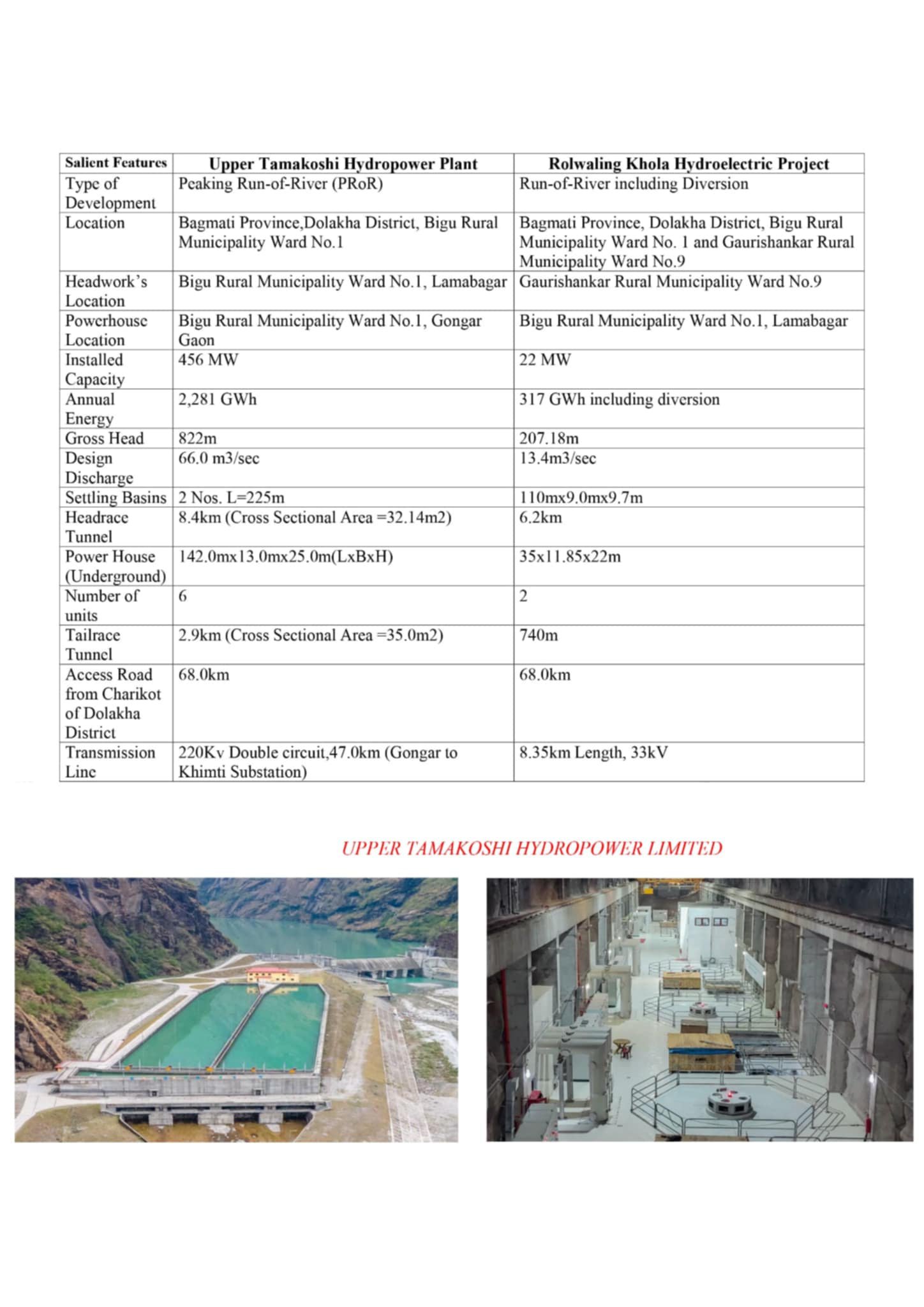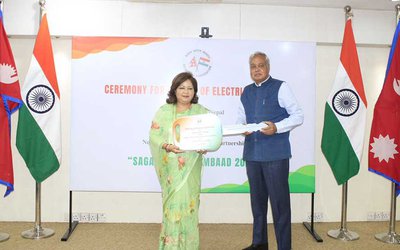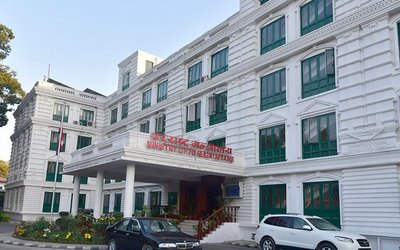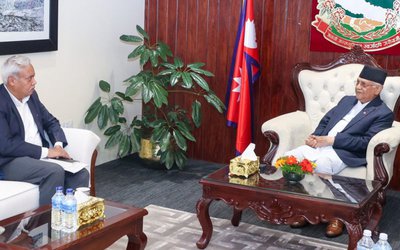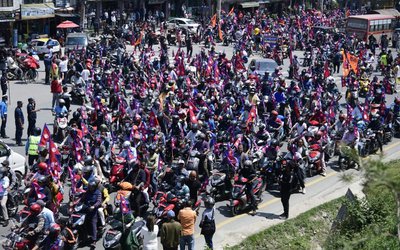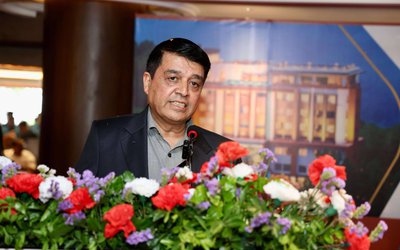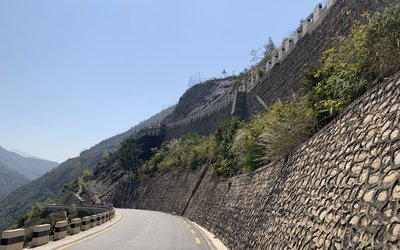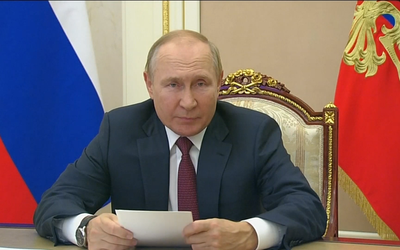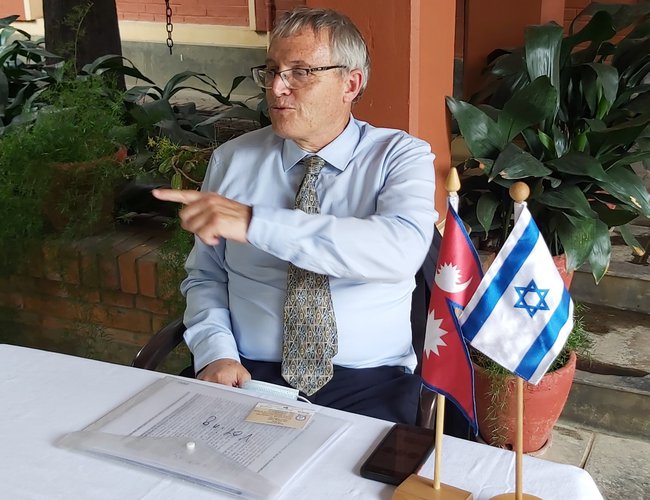
Ambassador to Israel to Nepal Hanan Goder said that despite very good bilateral relations between Nepal and Israel Nepal has been voting against Israel in almost all political issues.
“When you talk about relations, I think you talk about bilateral relations. And the bilateral relations between Nepal and Israel are very good. When you talk about bilateral relations, it means what Nepal and Israel are sharing, exchanging and the visits and so on,” said ambassador Goder in his interview with The Rising Nepal.
“And we are very, very happy with the bilateral relations. However, relations have a second leg. And the second leg is multilateral relations. Multilateral relations are expressed in terms of voting in the UN in New York and in Geneva. I have a UN card of votes from Nepal in New York and Geneva. When I see it, I find Nepal is voting against Israel on almost all political issues. And how I can say we have good multilateral relations. Only in 2018, 2019 and 2020 stayed absent in an issue, and we are happy for seeing Nepal is changing its positions. When I raise issues with the concerned ministry here, they say Nepal is gradually changing its positions in favor of Israel but, I see, the way Nepal has been voting in the UN in issues relating to Israel will take over eight decades for Nepal to have a neutral position on Israel!”
He said that the bilateral relations are on agriculture, tourism, aid, workers/caregivers, investment and other similar aspects of cooperation. “As we have had all this cooperation, bilateral relations between the two countries are very good and cordial, and they are growing every year," said ambassador Goder in his interview.
“As part of bilateral cooperation, we have 'Learn and Earn' program in which about 500 Nepali farmers go to Israel every year. Nepal has one of the biggest shares in this program. We take 4,000 students from 40 countries. I am the one that entered Nepal into this program. I want to see more job opportunities for Nepalis in Israel. I also want to have construction workers and workers in tourism in Israel from Nepal. We also have scholarship programs and foreign employment ones.”
“Nepal is a beautiful country, people are honest and beautiful, and many Israelis love to come here for tourism, volunteer works. We have good people-to-people contact. Despite all this, multilateral relations also have an effect on bilateral ones.” “Unfortunately, multilateral relations are not going ahead as expected. As I said earlier, relations have two legs, if only one leg is moving ahead and the other one is lagging behind, you cannot move much ahead.”
Replying to a query on possible medical support of Israel, ambassador Goder said,” of course, we care about what is happening here due to COVID-19. We did our best by providing medical supplies to Nepal in the first wave. Even now, Israel is providing ventilators, oxygen concentrators and other medical supplies. Besides government, private companies and other organizations are also collecting humanitarian aid to send here in Nepal, as people-to-people contact between Nepal and Israel is also very good.
In his reply on Nepal’s future, Ambassador Goder said that Nepal is an amazing country in its beauty and even more because of its people.
“Please keep your beauty, keep the beauty of your country, keep the beauty of your community and keep the beauty of your society. This is not my first time here. You have lovely people and a lovely country. Do not neglect it. Many people in Nepal think that this exists, it will always exist. Keep your country, it is precious, it is beautiful. Appreciate what you have. You have amazing things in your country, please preserve them. It can be lost due to modernization, pollution and climate change, migration and so on,” said Ambassador Goder.
In a recent conflict in Gaza, Ambassador Goder said that Israel has no interest in attacking the civilian population. “Israel is where Israel is and Gaza is where Gaza is, yesterday, today and tomorrow! Do you think if we kill a thousand children, it will bring peace? No way. On the contrary, it will only brew more hatred. Let me repeat, Israel has no interest to attack civilians, we target the terrorists. The Hamas target civilians or make it their base of attack. So they have photos of people suffering and the media makes the report on them. This is a cynical way of terrorists that are playing with human lives. The world recognizes Hamas as a terror organization. You read it, you see it, and you also know what Hamas claims to be. “
“It is ninth or tenth rounds of conflicts like this. But let me offer my comment, the conflict is not between Israel and Palestine. The conflict is between Israel and Hamas terror organization that is using an internal conflict in the Palestinian authority to start an escalation. Now, what do I mean? Israel is a sovereign country. We have the Palestinian authority that is responsible for the aspect of civil life of the Palestinians and they are in control of West Bank/Judea and Samaria and they were responsible for Gaza. But Hamas did not like it and they made a military coup in 2006 and took control of Gaza. The Palestinian Authority is not in control of Gaza.”
Photo: The Rising Nepal
- BP Highway Opens Oneway Traffic After eight hours closure Due To
- May 13, 2025
- Uncertainty lingers over Putin's proposal for talks between Russia, Ukraine
- May 13, 2025
- US, China to cut each other's additional tariffs by 115 Percent
- May 13, 2025
- Israeli PM Netanyahu Meets German Foreign Minister Johann Wadephul
- May 12, 2025
- Zelenskyy wants to meet Putin in Turkey
- May 12, 2025
